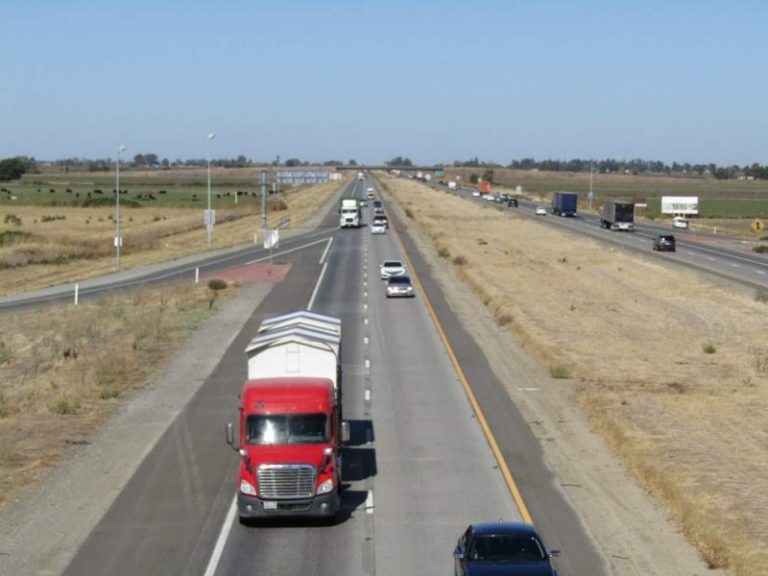The Likelihood of Mechanical Failure in Truck Accidents
According to a study by the Federal Motor Carrier Safety Administration, ten percent of all truck accidents are primarily caused by mechanical failure of the truck. However, another study by the University of Michigan Transportation Research Institute found that over half of all truck accidents involved a mechanical defect or failure of some variety, and over 30% of them had a mechanical issue so severe that the truck should have been out of service at the time rather than on the road. Odds are, if you’ve been hurt in an Arizona truck accident, a mechanical failure or other vehicular issue was involved, so it’s in your best interest to learn about them.
The Most Common Mechanical Failures
Any component in a truck can fail in one way or another, intensifying or causing accidents in numerous ways. However, certain points of failure are especially likely to malfunction or break if the vehicle is poorly maintained:
- Brake failures: Trucks feature complex braking systems, especially if they have detached trailers. Despite brakes receiving extensive attention during maintenance, their sheer intricacy leaves them vulnerable to malfunction, which can result in a trucker having no way to slow down their immense vehicle.
- Tire failures: Commercial 18-wheeler trucks, as the name implies, have 18 potential places to suffer tire failures or blowouts. Although some trucks can continue to function with one or two damaged tires, many can’t, and all trucks can potentially lose control with any degree of tire failure.
- Steering mechanism failures: Damage to the steering column, suspension, and steering mechanisms of a truck often don’t manifest as visible symptoms until it’s too late, necessitating early detection via maintenance. It goes without saying, but a truck with little to no ability to steer is nearly indistinguishable from a projectile.
- Headlight and signal failures: Though often overlooked, damage to the various lights and signals adorning a truck is extremely dangerous. Without the ability to see or be seen at night, or the ability to signal intentions to other drivers, the likelihood of a truck accident skyrockets.
Despite how common they are, mechanical failures rarely ever occur spontaneously. Rather, most mechanical failures can be traced back to negligent maintenance and repair, as various parties may feel economically or physically incentivized to cut corners and gloss past potential points of failure.
How Liability Works for Mechanical Failure
A mechanical failure being involved in a truck accident isn’t inherently enough to distribute liability one w

ay or the other. In order for it to be relevant to the case, you and your truck accident attorney will need to demonstrate that the failure directly contributed to the crash. Once you’ve proven that point, liability will depend on who overlooked the mechanical failure negligently and who directly contributed to it. As such, truckers themselves are rarely liable for mechanical failures unless they overlooked blatant damages during regular inspections. Instead, trucking companies, third-party repair companies, and manufacturers are more likely to shoulder financial liability for the crash.
Talk to an Arizona Truck Accident Attorney
Mechanical failure can be difficult to detect in an accident without a thorough investigation, but fortunately, a good lawyer can help you conduct just that. ELG has extensive experience with every aspect of the truck accident claims process, so give us a call at (623) 321-0566 to schedule a free consultation with one of our Arizona truck accident attorneys today.
Law News Feed
All NewsWho Is Liable for Damages After a Truck Accident?
According to information from the National Highway Traffic Safety Association, more than 2,500 truck accidents occur each year in Arizona. It goes without sayin…
Common Injuries After a Motorcycle Accident
Motorcycle accidents kill or severely injure individuals more frequently than any other type of crash, resulting in immense amounts of suffering and financial d…

